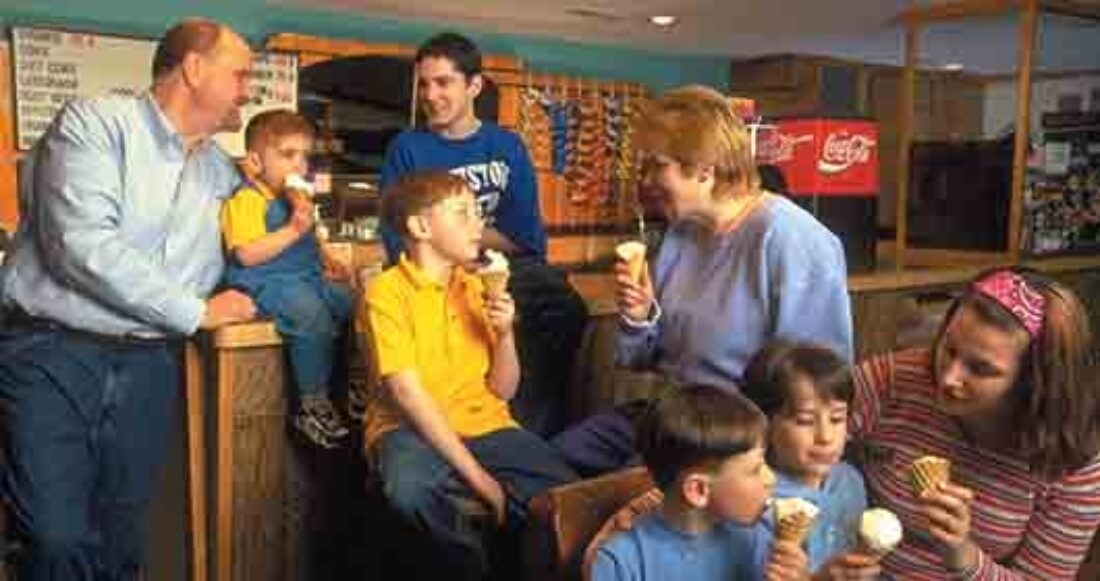Becoming a Foster or Adoptive Parent

It’s easy to take the first step toward becoming a foster or adoptive parent: Just call your local child welfare agency and ask. They can get you on the right track.
Casey does not provide foster care or adoption services; we are a grant-making foundation. But we can refer you to places to learn more and can provide information about what’s involved.
Do I have what it takes?
Being a parent isn’t rocket science, but it does take commitment, enthusiasm and flexibility. Being a parent is about more than providing a bed and meals: It’s about helping a child build a strong foundation that will last a lifetime.
To be a foster or adoptive parent, you need to be single or married, have a place to live (it doesn’t matter whether you rent or own) and sufficient income to support yourself and your existing family (it doesn’t matter whether you work or not). You also need to be able to:
- Work with caseworkers and others to support the child in making the transition to your home and family;
- Be able to help children work through complicated feelings and experiences; and
- Realize that the child you take into your home has another family, too—a birth family.
Of course, you’ll have a better experience as a foster or adoptive parent if you are surrounded by a supportive community—if you have family or friends you can turn to for advice, support and a good laugh. It also helps if you are curious and interested in learning more about what makes people tick.
What’s involved
The costs of becoming a parent to children in the foster care system are minimal. You will need to pay for some of the basics a child needs—bedroom furniture, for example—and some costs related to making your home safe. In return, you will get health insurance for the child and a subsidy to cover some of the child’s costs. Some tax breaks are available and some employers offer benefits to support employees who are foster or adoptive parents.
What about fostering or adopting a family member—is that possible? Yes, often it is.
What are the first steps?
To explore becoming a foster or adoptive parent for a child in the child welfare system, you can:
- Research local organizations. Contact your local public foster care and adoption agencies. Learn whether there are private agencies in your community that are looking for foster or adoptive parents, too.
- Learn about the children who are available. Agencies should be able to describe the children in their care. Do they handle mostly infants? Teens? Children of all ages? Spend time exploring the options.
- Learn more about the process. Can you see yourself going through training to become and to stay a foster parent? Are you the kind of person willing to advocate for a child’s needs at school and elsewhere? One way to find out is to attend orientation sessions at one or more agencies. Keep asking questions!
- Talk with everyone in your family. Are they on board with your plan to welcome a new member? Fostering or adopting requires a commitment from everyone.
- Attend training. You may say, wait a minute—I already know how to be a parent. Two things to consider: You may really appreciate learning about the impact of child abuse and neglect on child development; it will help you parent a child who really needs you. Foster and adoptive parents often say the training and support they receive is critical to their success.
- Other details. There are several other tasks involved in fostering or adopting a child. For example, a home study and background checks are necessary. Seems intrusive—but these children haven’t had an easy time of it, so the agency must make really sure any foster and adoptive parents are a good fit for the job of parenting. Usually a home study involves a case worker helping you fill out forms and questionnaires about your home, family and community. This paperwork will ask questions such as: Is your home safe? Are you in good physical, emotional and mental health? Do you have adequate income to meet your current family’s needs? You and the case worker will also discuss for which children you might be the right parent, considering children’s ages, interests, strengths and needs.
Remember, every child and every teen needs a family. Please consider being a foster or adoptive parent today!






